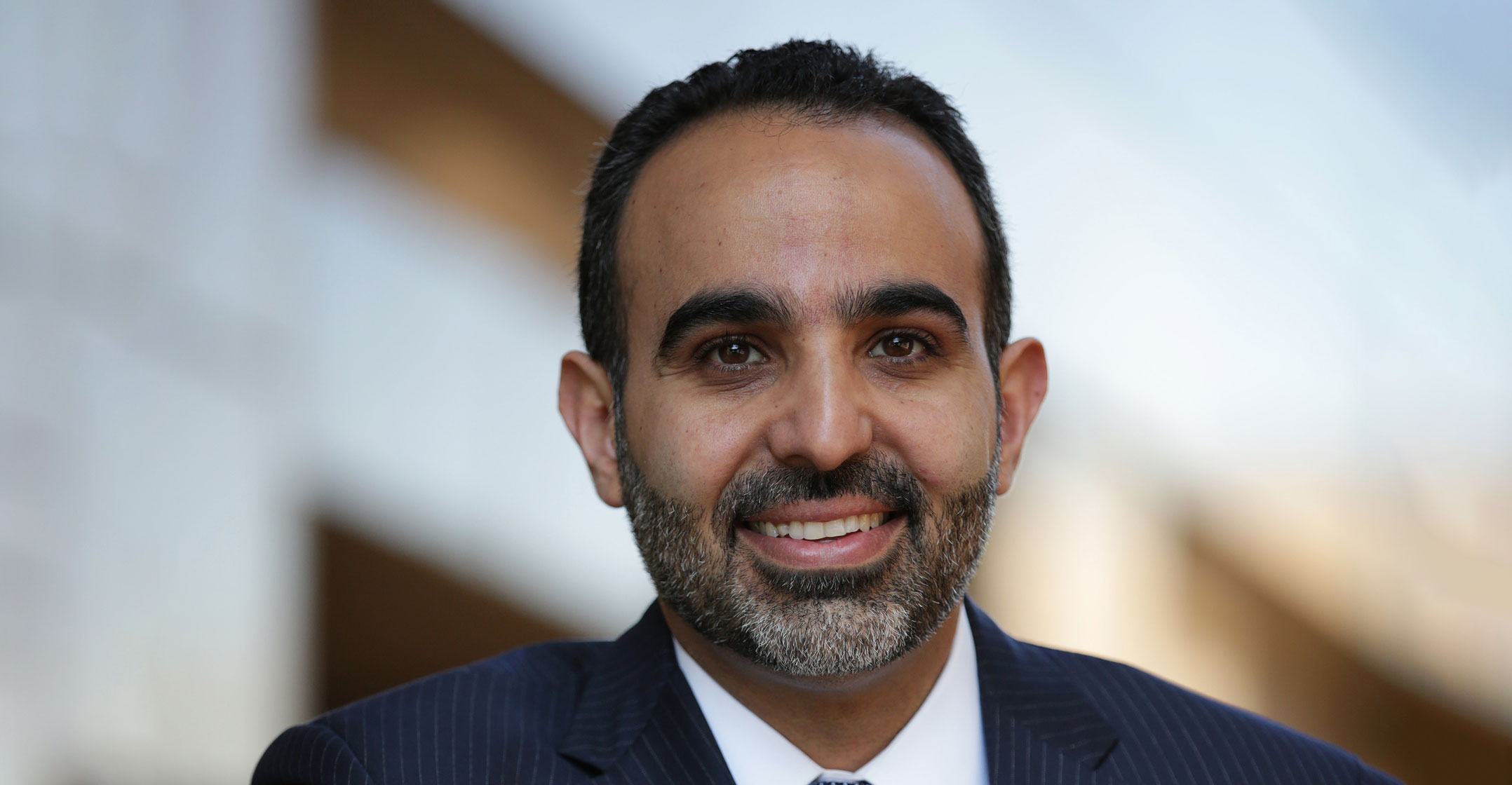 It’s certainly not at the same scale as a Tesla or a MicroStrategy, but some privately held South African firms have started converting a portion of their cash holdings into cryptocurrencies like bitcoin. Industry players expect the trend to accelerate — and quickly.
It’s certainly not at the same scale as a Tesla or a MicroStrategy, but some privately held South African firms have started converting a portion of their cash holdings into cryptocurrencies like bitcoin. Industry players expect the trend to accelerate — and quickly.
One of the first — if not the very first — South African companies to take the plunge is open-source software specialist LSD Open, which has bought R2-million worth of bitcoin to hold in its treasury.
On 4 January, before Elon Musk announced his intention to invest US$1.5-billion of Tesla’s treasury in bitcoin (instead of US dollars), the LSD Open board ratified a decision to spend R2-million of the company’s reserve capital acquiring bitcoin.
It bought R1-million worth in an initial tranche and another R1-million over the following two weeks at an average price of R510 000/bitcoin. The value of that investment had appreciated to R825 000 at the time of writing – a paper return of 62% in a matter of weeks. LSD worked with BitFund, a local cryptocurrency exchange, to acquire and hold the bitcoin it purchased.
“Our vision is to make the world more open, and bitcoin supports our philosophy on how we believe the world works best,” said LSD Open founder and CEO Stefan Lesicnik in a blog post published on the company’s website. (Lesicnik could not immediately be reached by TechCentral for comment on Wednesday.)
Crypto vs fiat
“Working in the open-source space seems to attract many crypto enthusiasts for whom the decentralised, open nature of cryptocurrencies appeals, too,” he said, adding that LSD is already involved in a “broad spectrum of the ecosystem”, including running and maintaining bitcoin full nodes.
“I personally believe in bitcoin as a store of value over all politically centralised currencies, and we’ve seen various international companies like MicroStrategy and Tesla making similar investments, expressing their trust in bitcoin, or concern for fiat. The answer to many of the problems in our current systems will be solved by blockchains and DAOs (decentralised autonomous organisations), and it’s such a privilege to be part of this evolution,” Lesicnik said.
Dean Joffe, co-founder of BitFund – where Lesicnik is a board member – told TechCentral that his company has helped “seven or eight” South African firms to buy cryptocurrencies – mainly bitcoin and stablecoins like USDC, which are pegged to the value of fiat currencies like the US dollar. BitFund is also in discussions with two JSE-listed companies about doing the same for them, but the companies haven’t yet pulled the trigger on any cryptocurrency purchases.

Most of the companies prefer to stay under the radar, Joffe said. Some of them, like LSD, are in IT but others aren’t. Many IT companies are capable of buying crypto assets themselves, and so don’t need direct assistance.
The main reason companies have gone this route – or are considering doing so – is a hedge against a devaluation in the rand, Joffe said. That makes eminent sense, given the historical performance of the South African currency versus the dollar, euro, pound and other major fiat currencies.
Companies that BitFund has helped have tended to purchase only bitcoin, or a mix of bitcoin and stablecoins, or have invested in a portfolio of cryptos, where their holdings are rebalanced regularly in an effort to maximise exposure to the market and boost returns.
Though Joffe is not aware of any JSE-listed companies that have taken the plunge so far, he said there is nothing in the bourse’s listing rules that prevent locally listed entities from buying crypto assets.
However, Sean Sanders, CEO of cryptocurrency investment platform Revix, said big, listed companies are unlikely to make significant investments in cryptocurrencies until South African regulations catch up. “From a regulatory perspective, we are so far behind that it’s become a bit of a joke,” he said.
While it’s easier for smaller, privately held companies to invest a portion of the money in their treasuries in cryptocurrencies, bigger companies may run foul of exchange control regulations. These firms won’t invest in crypto at scale if they fear breaching exchange controls, with the worry being that their holdings could be deemed to be offshore.
Growing interest
Farzam Ehsani, co-founder and CEO of VALR.com, another South African cryptocurrency exchange, said his company doesn’t ask corporate clients what they are doing with cryptocurrencies they purchase. “We don’t know if they are holding it on their balance sheets, but we know anecdotally of several companies that have started doing it (investing in cryptos),” he said.
He added that one large financial services firm, which he couldn’t name as the discussion was private, has told him that it’s “not a matter of if but when” they buy bitcoin.

Ehsani said a significant portion of VALR.com’s own balance sheet is in bitcoin (Revix and BitFund have done the same).
He said, too, that there is evidence of growing acceptance of bitcoin as a means of transaction in South Africa, pointing to The Social Grill, a restaurant in the east of Pretoria, that now accepts both bitcoin and ether (the cryptocurrency built on the Ethereum protocol) from diners. He said VALR is also in talks with a group of local spas that intends to accept membership fees in bitcoin soon. — © 2021 NewsCentral Media




